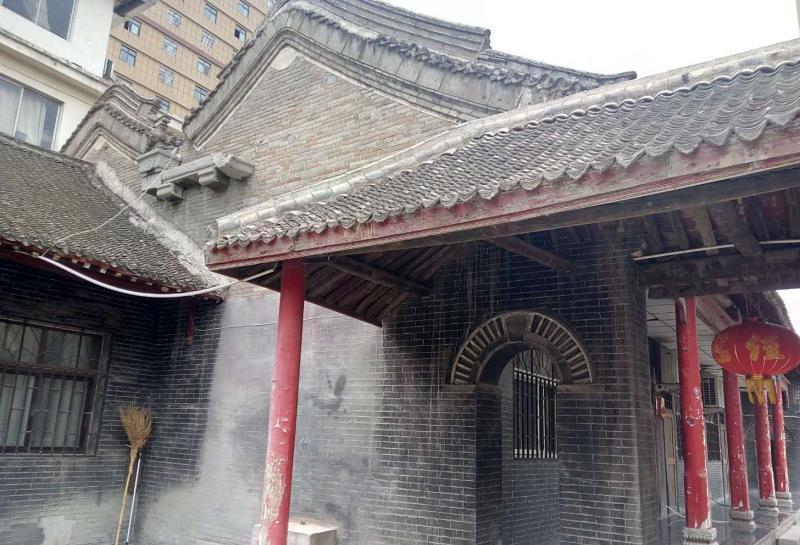In 1880, the twenty-six-year-old Weihui man Xu Shichang married Xi Yuandi (Zi Quehua), the daughter of Xi Cunzhong (Zi Gengyang), a noble gentleman of Hui County, and became the son-in-law of Hui County.
In 1895, the Tianjin Xiaozhan military training opened the eunuchs of Xu Shichang and Yuan Shikai, who had the friendship of Jinlan, in the modern history of China.
The Guangxu Emperor Zai Xiang and Empress Dowager Cixi died on October 21 (November 14) and 22, the 34th year of Guangxu (1908). On December 11 (January 2, 1909), Yuan Shikai, a "red man" who was then a military minister and empress dowager Cixi, received an edict issued by the regent Zaifeng, the father of the newly enthroned Xuantong Emperor Puyi, in the name of the imperial court: "Yuan Shikai will immediately return to his hometown to raise his defects", and the Manchu Natong will fill his vacancies. Xu Shichang, who was then the governor of the three eastern provinces, was also ordered to transfer Shangshu of the Ministry of Posts and Communications at the beginning of the following year, and on April 1, he was transferred to Beijing, and his post was replaced by the Manchu Xiliang.
Taking advantage of this leisure time, Xu and Yuan left the Capital Division for Xu Shichang's hometown, Wei Hui, where Mashi Street and Caoying Street had the mansions and residences purchased and built by Yuan Shikai when he was training troops at the small station, and Xu Shichang's ancestral residences.
However, Yuan Shikai believes that the Yuan Mansion on Mashi Street is "narrow in architecture, densely populated, and very inappropriate for the sick body." "There is a deserted garden in Hui County, and it is planned that the weather and warmth will be warm, and it seems that it is suitable for the health (Xu Shichang's milk name health) to sell summer." (The Complete Works of Yuan Shikai)
Under the management of Xi Cunzhong, the abbot of Xu Shichang, the Xu Mansion covering an area of more than 10 acres in Archway Street in Huixian City and the Yuan Mansion covering an area of 11,000 square meters in Nanxin Street have been built, repaired and completed successively.
Xu's mansion is a quadrangle connected by three courtyards on the left, center and right, and the main hall and the main hall of the main courtyard are all seven rooms wide and three deep imitation court-type hard mountain roof buildings. The brick and wood structure of the Qingtang Tile House is decorated with Zhu Mendan window decoration, and the well-carved stone carvings of stone beasts under the hanging ridge highlight Xu's rich armor.
Xu Shichang, an important official in the Jingshi Shangshu, lived and worked here, so that Xu Mansion was temporarily in the city, and local gentry, political celebrities, and literary elders in Hui County and Weihui places successively came to the door to pay homage to and post. At this time, xu mansion became an enviable salon in the area under the jurisdiction of Weihui Province.
Xu and Yuan, who were busy, were overwhelmed by the decay of Baiquan, which had been drunk for a long time and gathered famous relics in the scenic area, so they jointly proposed to maintain and repair Baiquan.
"After the beginning of the self-unitary (1909), rotated in Xinhai (1911), the work was completed after three years", the funds used were funded by Xu Yuan and nearly seventy people such as Beiyang Robe Ze, the old general and the henan gentry, which showed the influence of Shangshu Xu Shichang, who lived in a corner of Hui County, and Yuan Shikai, who was "opened", at that time...

Today, in the atmosphere of the quiet trees and forests of Xu Shichang's mansion, there is no longer a gathering of politicians and plans, but the remaining four-bedroom and twelve-room houses still vaguely reveal the luxurious and spacious building of that year.